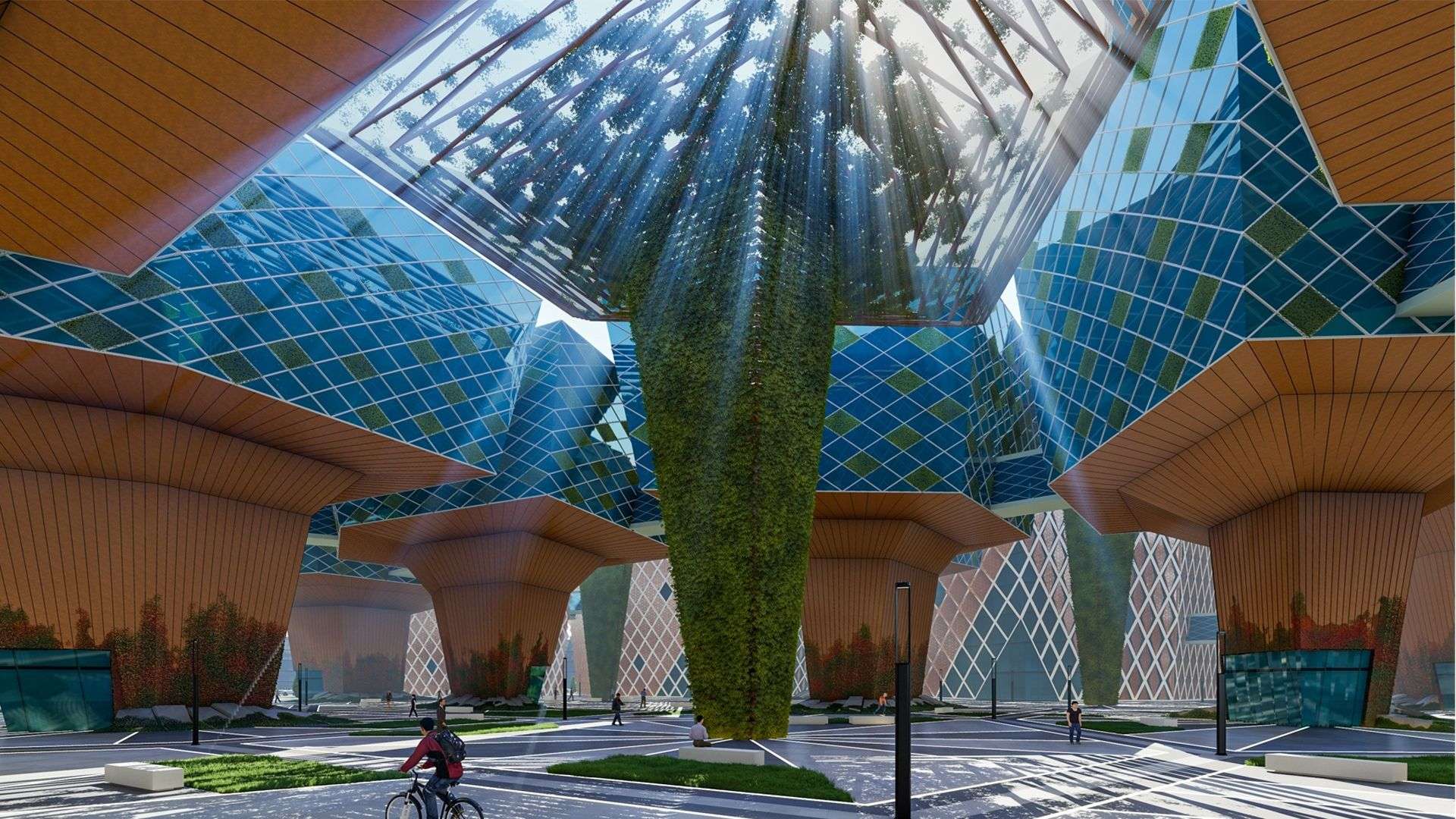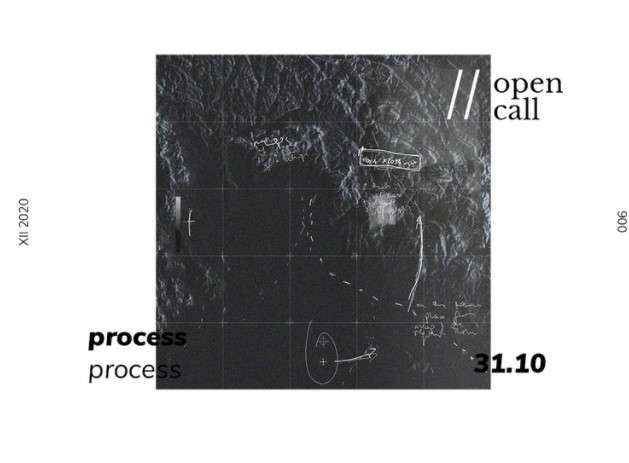A Metaverse design studio to help design brands
To assist brands in utilizing metaverse opportunities, 4SPACE has opened a design studio called Meta4Space.
Once a niche concept reserved for tech enthusiasts and their novel predictions of the future, the idea of a centralized virtual world takes the internet experience and upgrades it to a three-dimensional space that has careened into the mainstream landscape in recent years.
Shot into prominence by Facebook’s embrace of the term, interest in digital ownership and the technologies necessary to create virtual experiences has spiked dramatically with non-fungible tokens (NFTs) and cryptocurrencies making headlines.
So how can companies and brands stay abreast of the latest developments and secure themselves a space for their business in the digital world?
According to Firas Alsahin, co-founder and design director at 4SPACE Design, investing in virtual land or property is the ultimate goal but first getting to grips with this new territory should be the priority.
That’s why the Dubai-based studio has launched Meta4Space. A metaverse design department, and consultancy for firms wanting to enter the metaverse.
“The design consultancy guides firms wanting to enter the metaverse, designing and deploying 3D NFTs and launching their brands into the new space,” explains Alsatian.
“Meta4Space will help guide architects, interior and game designers,s and developers and help them find the right tool and team of experts who have already demonstrated substantial success in the design industry.”
The firm’s services offer clients opportunities to create a unique digital environment using futuristic game development technology. Such as Unreal Engine to create innovative digital architectural designs.
It also includes intuitive three-dimensional design platforms like Gravity Sketch and deep understanding of tech equipment including VR headsets and 3D virtual world browser-based platforms like Decentraland, which will allow cross-discipline teams to explore, create and collaborate in an entirely new way.
The metaverse is an investment opportunity right now, thus 4SPACE has expanded its design studio there to assist businesses as they navigate this brand-new virtual landscape.
Seizing the opportunity to help businesses teleport across alternative spheres. The company has taken massive steps to give its clients a competitive edge. Including the formation of its Meta Space Design department, which helps brands bring their businesses to life in the metaverse. Whether it’s through the creation ofNFTss or translating physical spaces into virtual ones.
“4SPACE architects are forward-thinking and already acquiring an entirely new set of skills to replace traditional architectural drawings with three-dimensional modeling software, non-fungible token design, and augmented reality technology.”
“It could be a shop, showroom, meeting place, or art gallery. Our designers and architects are ready to defy logic, gravity, and limitations,” says Aslan.
“Businesses should be ready to be part of the metaverse if they want to be present where their partners and clients exist. Now is the time to invest in virtual land or property.”
Expounding on his vision for the metaverse, Aslahin said that the metaverse has the potential to remove barriers to creativity. Like safety regulations, budget, and access to resources and materials.
He emplores architects and designers to view the metaverse as an extension of its current practice rather than a disruption.
It might be a hotel or a restaurant wanting to recreate its physical space. So it can be accessed worldwide for booking stays or reserving tables. Or a brand wanting to create a game of performance in a virtual space for its audience.
Artist Krista Kim sold the first NFT digital home last year, and artist Andrés Reisinger, sold ten pieces of virtual furniture in an NFT online auction last year. Recently designed a Dieter Rams-inspired house for the metaverse—the possibilities are endless.
A Metaverse design studio to help design brands
“In the metaverse there is no need for physics, planning permission,n or building codes,” he says.
“Instead, architecture and interiors can be explored purely as art. Providing architects an opportunity to evolve as Metaspace designers, setting them apart from their traditional roles. It’s an idea that once seemed far-fetched but is slowly becoming a reality, or at least a virtual one.”
“It is similar to any culture change when people tend to be sceptical,” says Alsatian. “The same happened with the shift from Blackberry to smartphones—history gives us many examples. Remember that in 1990 nobody was buying online, now it seems impossible not to.”
“In 5 years, everyone will own some sort of digital asset, whether it’s a contract. Title deed or a certificate, all as NFTs using smart contracts on a blockchain,” he adds.
“Eventually brands and businesses will be willing to be part of the next big thing. Because they will need to exist where their customers exist and to do that they need to invest in virtual land and build their property there. Whether it’s a shop, a showroom, or even an Art gallery.”







